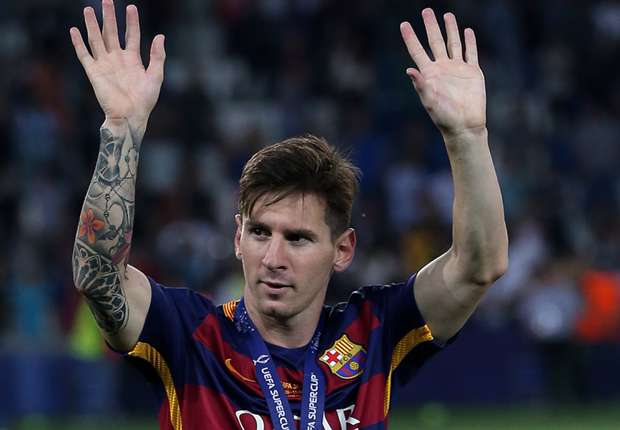Irakli Kapanadze and Karlo Khutsishvili, 16-year-old Georgian schoolboys from Akhaltsikhe, a small city in Georgia’s southwestern region, will soon be fortunate enough to participate in the annual innovations summit at the NASA Kennedy Space Center, in the U.S. on April 9-11, 2015. The boys’ invention, named the “Multiclimatizator,” gained victory at the Millennium Innovations Award competition carried out by Millennium Challenge Account - Georgia. The aim of the competition was to allow young talented inventors throughout Georgia to present their innovative projects within the STEM field. With the purpose of finding out more about this project and its participants, Georgian Journal spoke with the winners of the competition and Magda Maghradze, CEO of Millennium Challenge Georgia.
"There were many cases when the crop harvest was damaged or ruined due to rainfall. The vineyards in Kakheti (eastern region of Georgia) were frequently devastated by heavy hail, for example. So we decided to invent a tool that would help the farmers to preserve their crops."
– Why have you decided to invent the multiclimatizator and how can it be utilized?
– There were many cases when the crop harvest was damaged or ruined due to rainfall. The vineyards in Kakheti (eastern region of Georgia) were frequently devastated by heavy hail, for example. So we decided to invent a tool that would help the farmers to preserve their crops. Moreover, this device can also measure the humidity and temperature of the soil that will also help us prevent plants from suffering damage. We have supplemented our invention with a tiny unmanned aircraft we called Droni (drone) that would allow the measuring of humidity and temperature and forecast the expected weather from a long distance away instead of just locally. Droni is equipped with a GPS tracker and a transmitter unit that allows it to communicate the atmospheric readings from the area it is currently in, as well as store them on a memory card. In particular, Droni measures atmospheric humidity and temperature as well as soil salinity. Based on this data, farmers will not only be able to predict weather, but also define productivity of the soil and use it rationally.
– How would you assess the competition? Was it difficult to gain victory?
– Naturally, we began by sending an application. After we were advanced to the semi-finals, our project was evaluated by the judges. Then we received a grant in order to carry our project out. Only 10 groups were lucky enough to reach the final stage. To be honest, it was difficult to win this award because other contenders came up with equally good projects.
Through participating and winning this competition, we made a big step toward achieving our aims. It helped develop our self-confidence and made us believe that hard work is always appreciated. Moreover, this competition and our victory have opened doors to many opportunities in Georgia as well as beyond its borders. A visit to NASA Center is both a challenge and simultaneously a road to new chances. We believe that our device will be useful not only for Georgia but for other countries as well, due to the fact that heavy rains still remain a big problem for the farmers.
Magda Maghradze, CEO, Millennium Challenge Account – Georgia:
"One of the primary aims of the competition is to match project winners with successful scientists, the private sector and entrepreneurs with the goal of promoting future cooperation and the possible commercialization of interesting new projects."
– Education and technology are critical to humanity’s future. Contemporary advances and innovations in the field of technology lead the world’s conventional technologies. Studies reveal that one of the major constraints for Georgia’s economic growth is lack of human capital and capacity in the fields of science, technology, engineering and math (STEM). Consequently, in order to achieve the linkage of modern STEM education, entrepreneurs, and new technologies, advancing the long-term and sustainable economic growth of Georgia, the U.S. Millennium Challenge Corporation approved a second $140 million contract to Georgia. The contract is a strategic investment in general, vocational, and higher education to strengthen the quality of STEM in the country.
After announcing the competition last September, we received 88 applications submitted by 85 teams representing 77 schools across nine regions of Georgia. It’s noteworthy that girls and boys were equally represented in the competition.
The Millennium Innovations Award promotes innovative ideas in the youth and increases their interest and involvement in the STEM field, which will eventually support development of human capital and contribute to the awareness rising of STEM fields as well as the overall goals of the MCC Second Compact. One of the primary aims of the competition is to match project winners with successful scientists, the private sector and entrepreneurs with the goal of promoting future cooperation and the possible commercialization of interesting new projects.

http://www.georgianjournal.ge/society/29999-16-year-old-georgian-inventors-will-attend-a-summit-at-nasa.html

